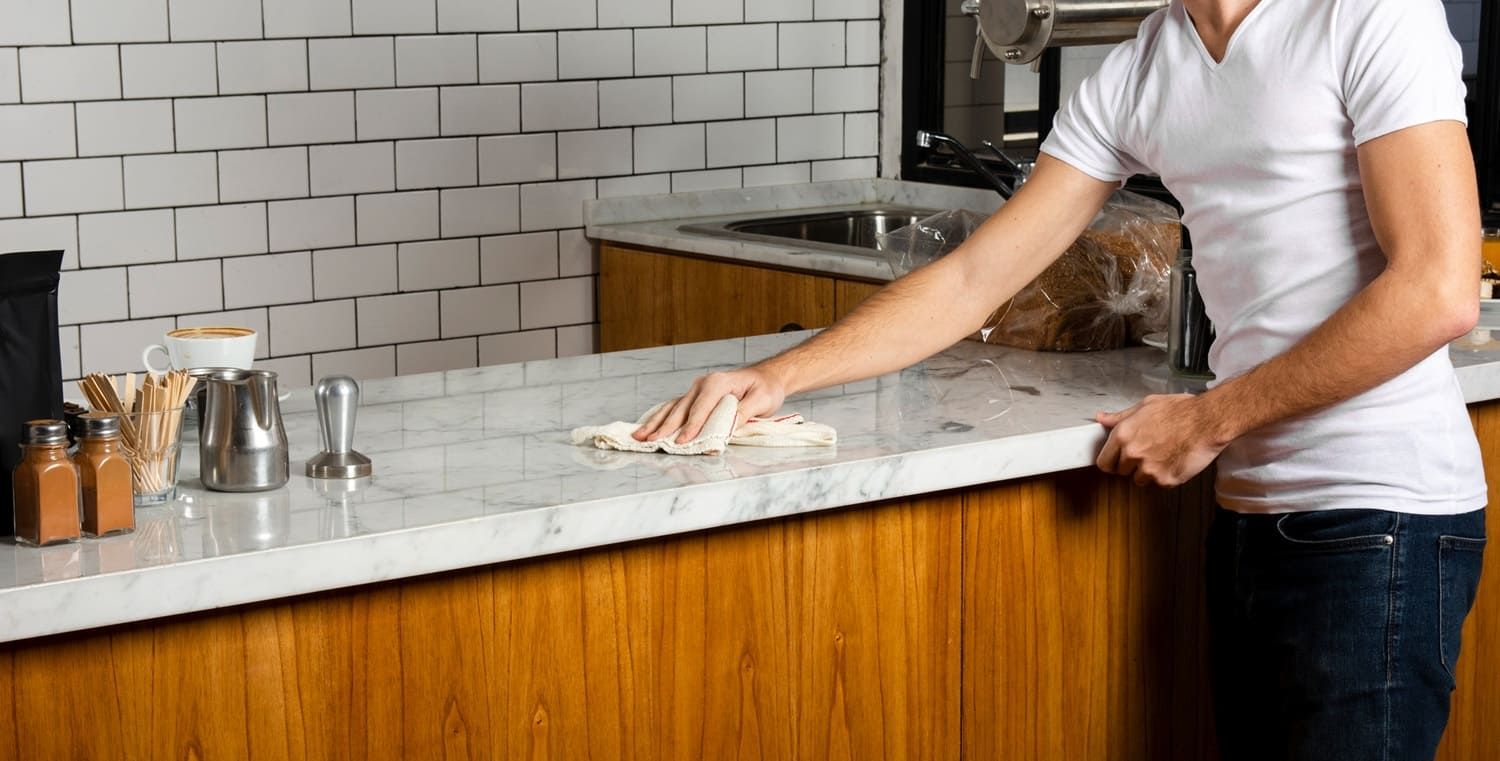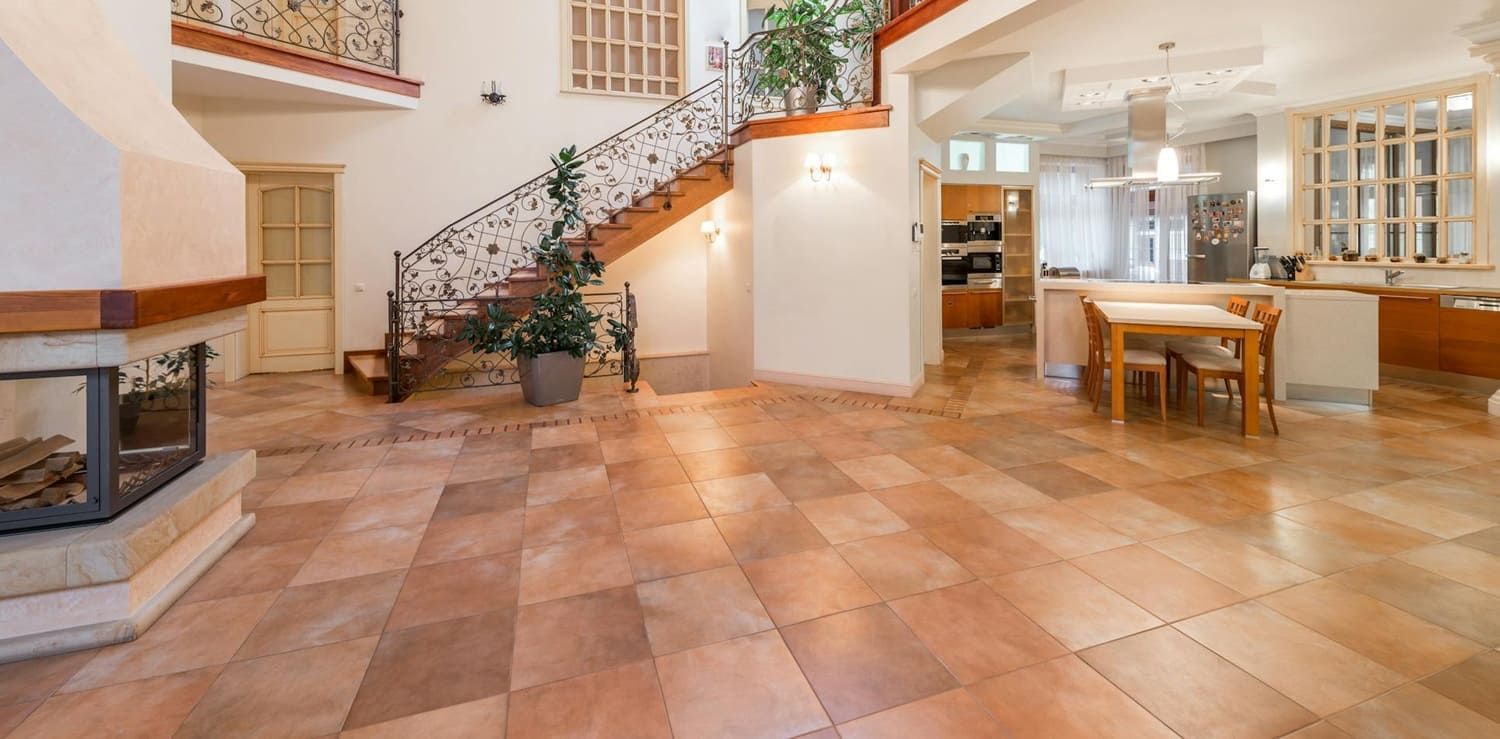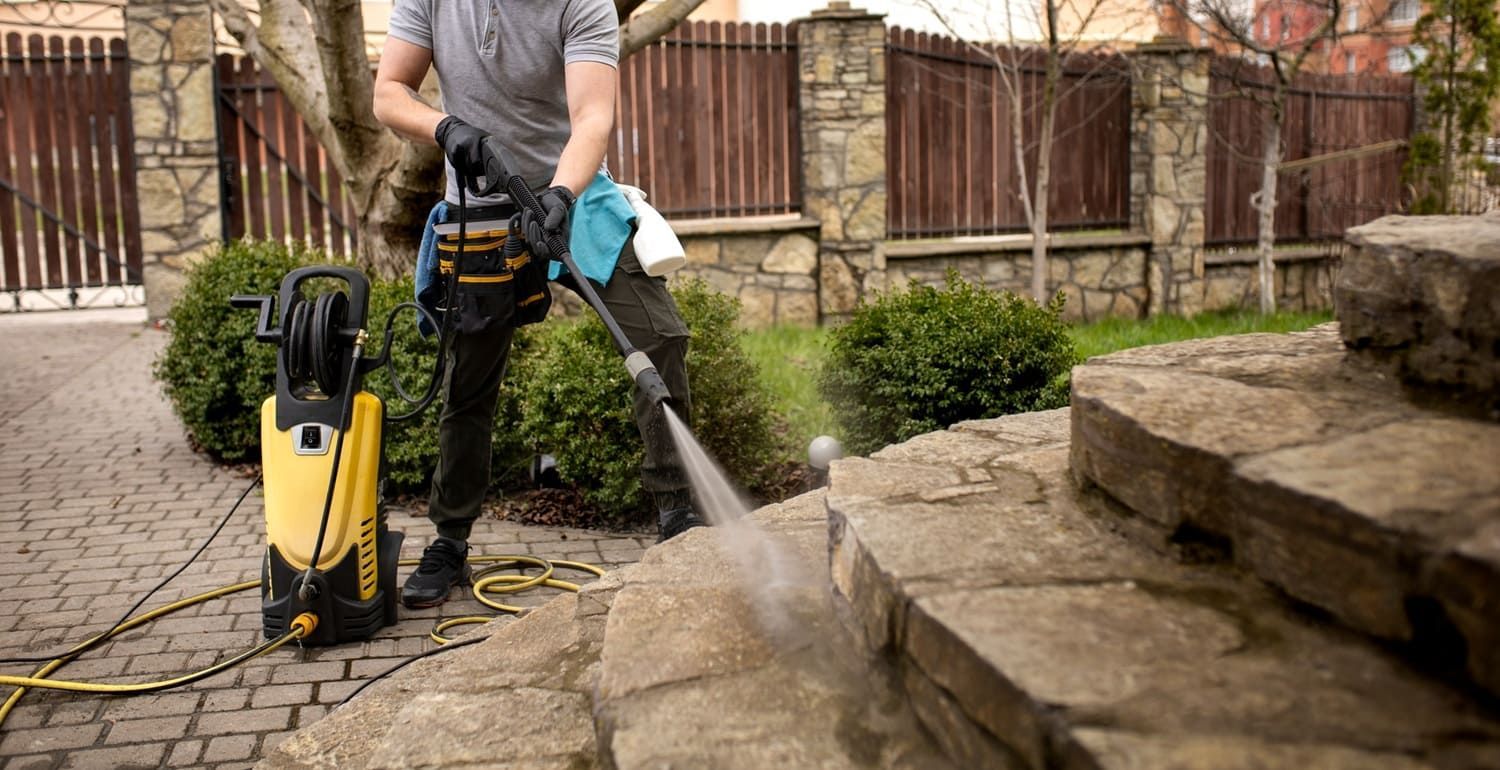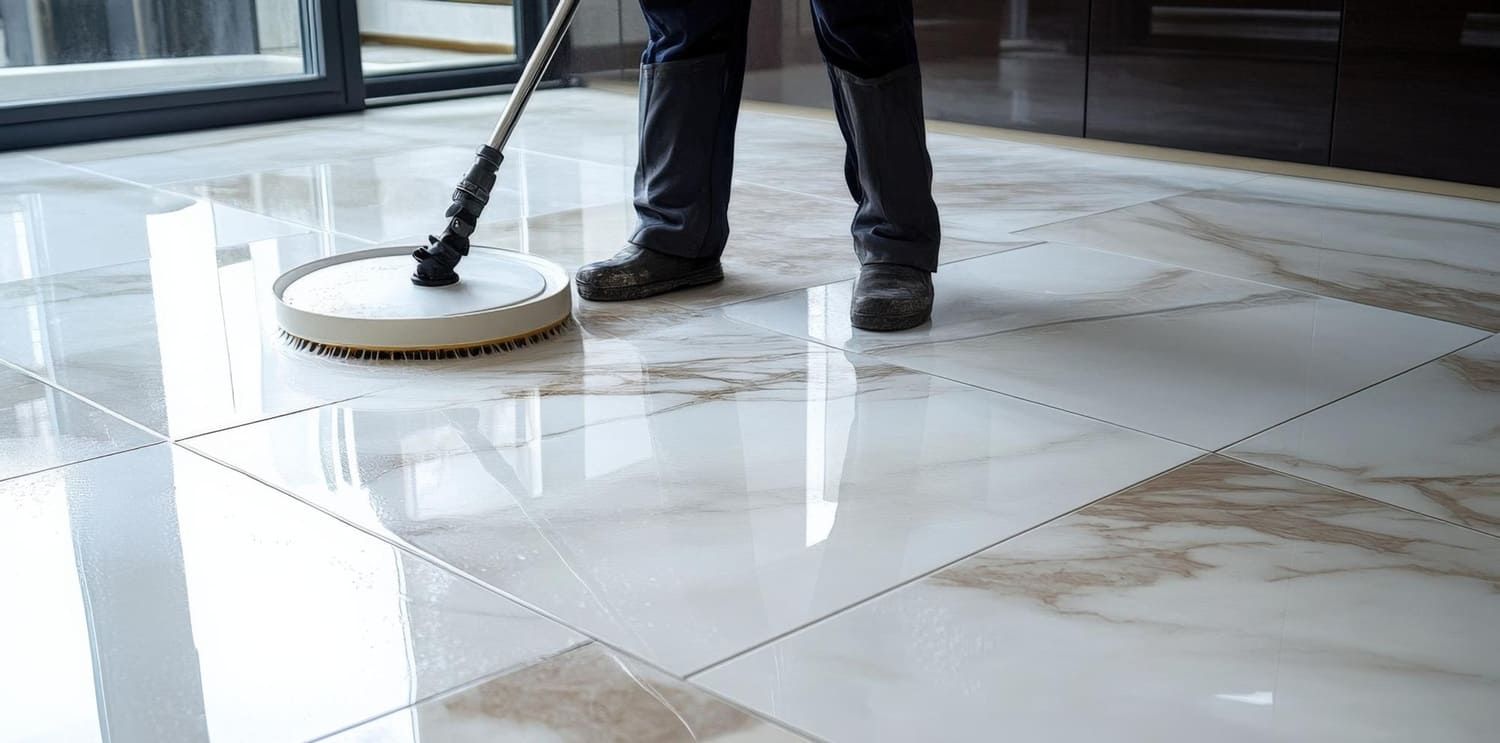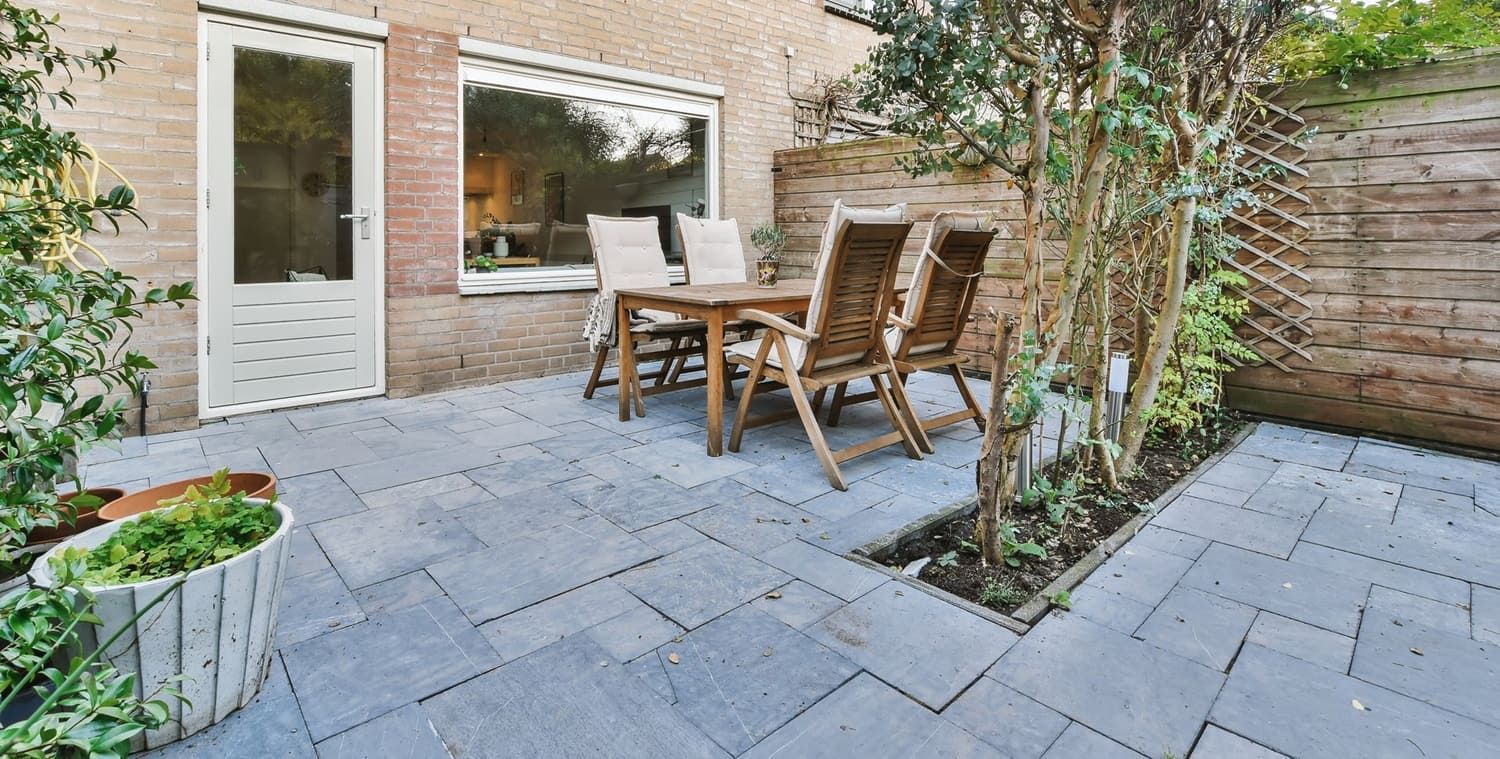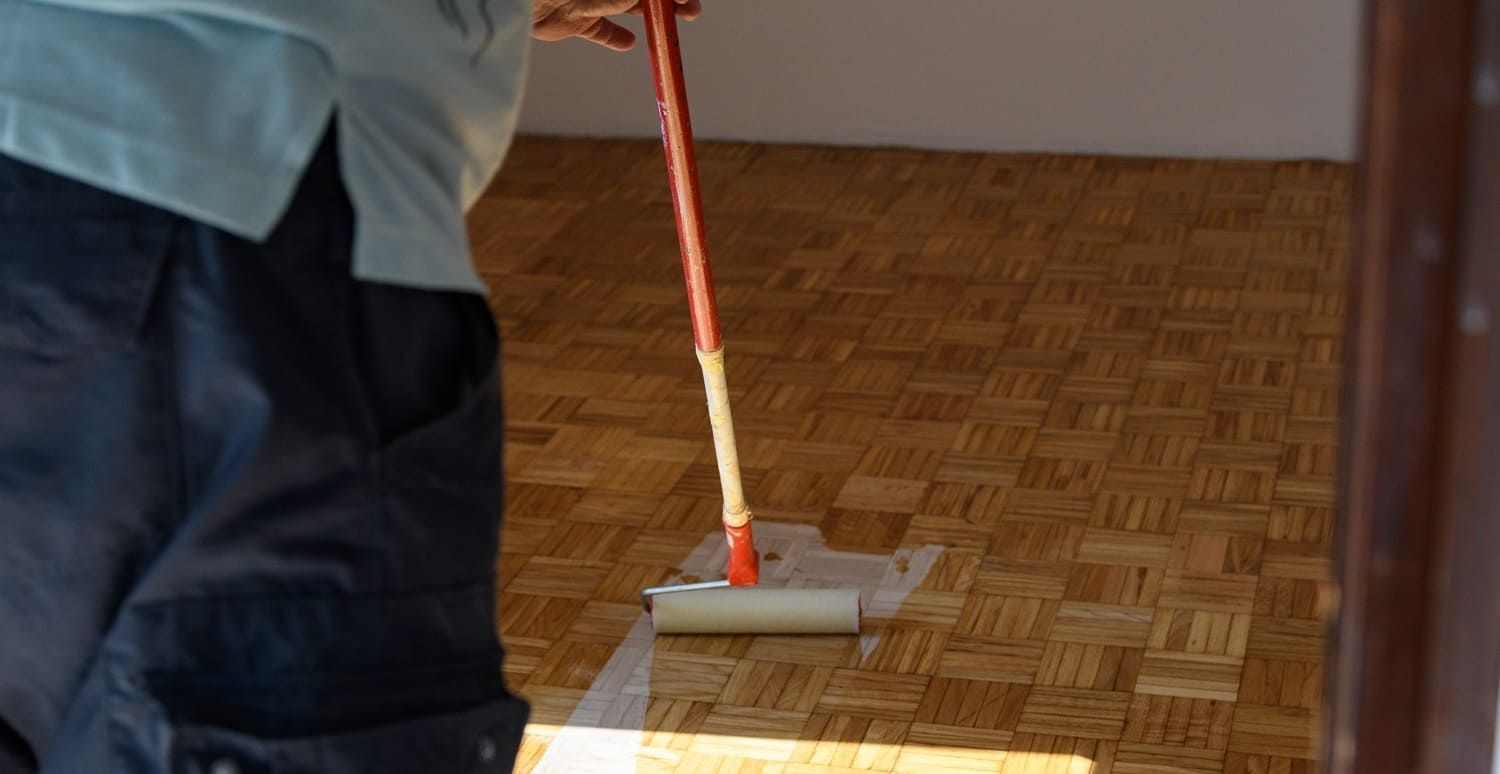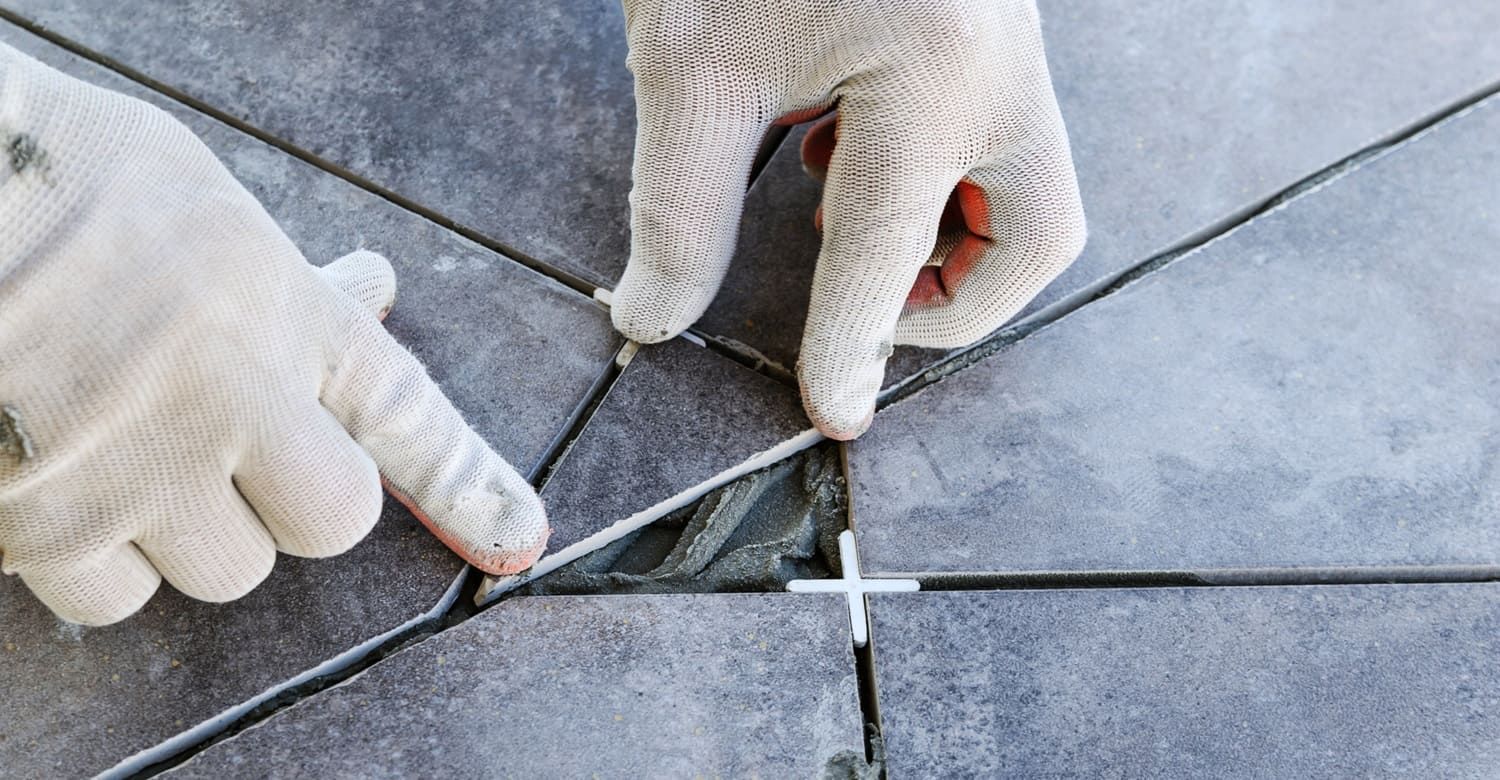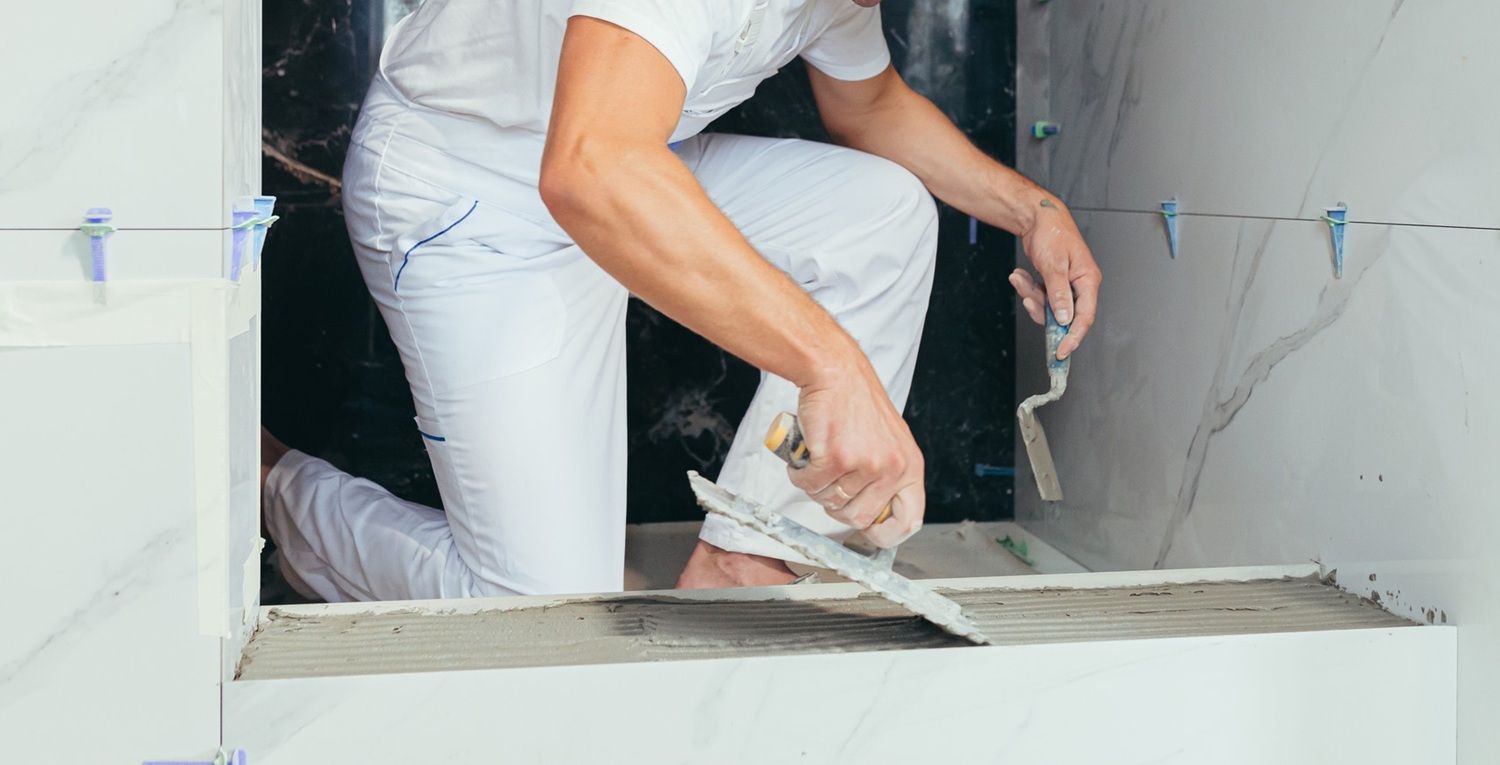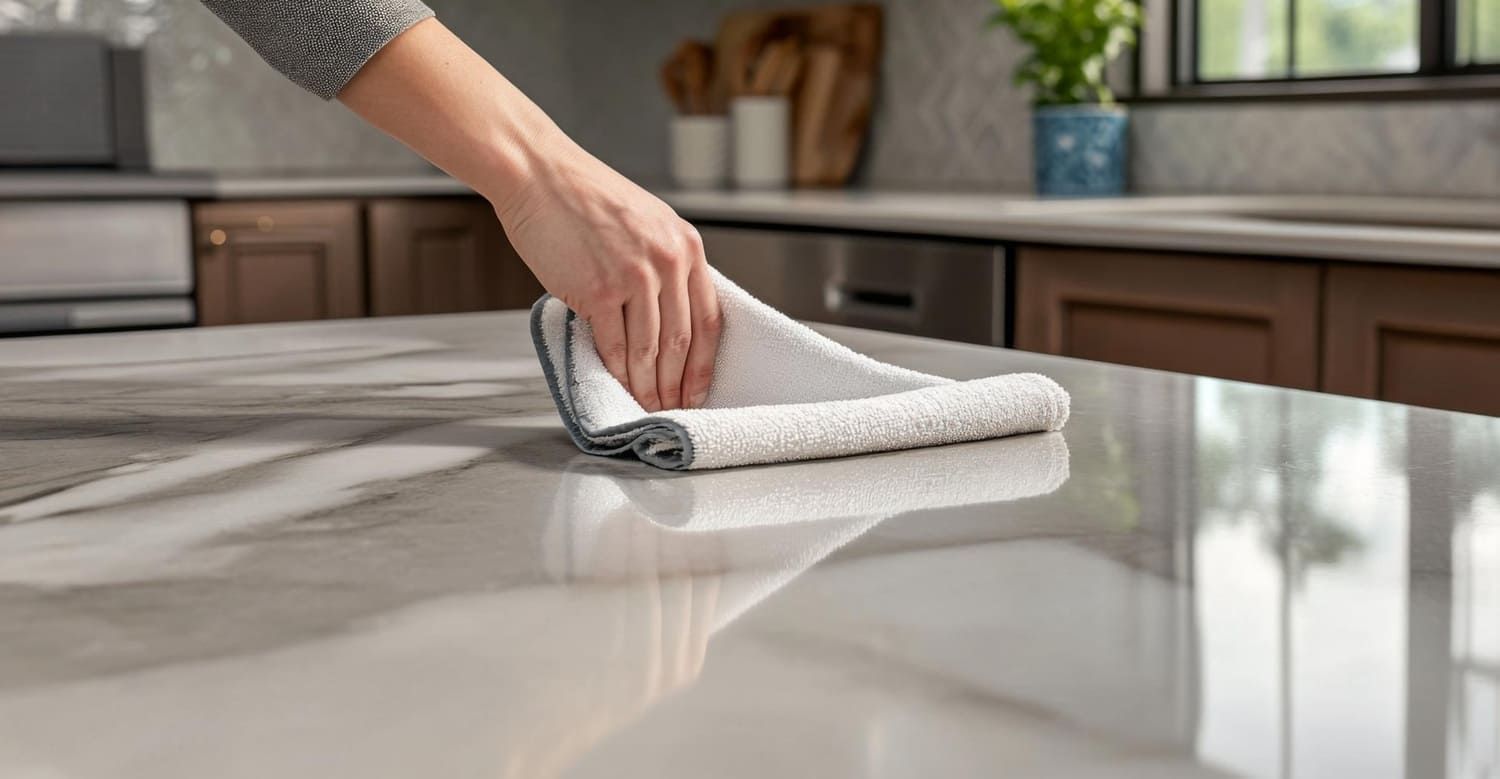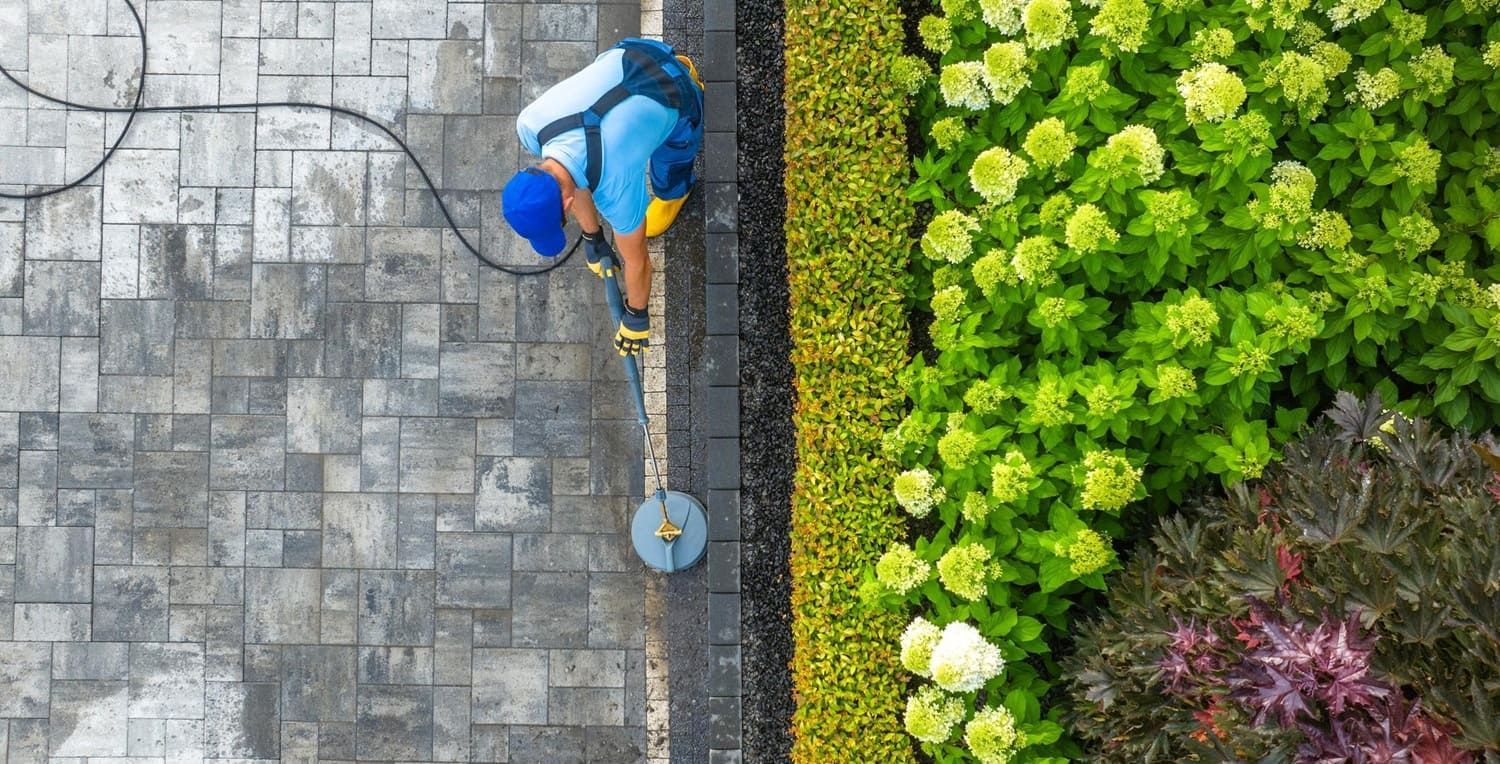ARIZONA'S BEST STONE, TILE, AND GROUT CLEANING SERVICES
Maintaining Outdoor Travertine Pavers: Tips and Tricks
Outdoor travertine pavers may sound hard to maintain, but it's pretty easy once you know what you're doing. Click here for some top-notch tips!

With historic structures such as the Colosseum in Rome being built almost entirely from travertine, it should come as no surprise that this remains a popular material. Travertine offers a high level of durability and an attractive appearance.
If you're thinking about installing travertine pavers at home, however, you should be sure to maintain them well. Cleaning and maintaining your travertine pavers regularly will help ensure that they keep looking great.
Here are the tips and tricks you need to follow to maintain outdoor travertine pavers.
Seal the Travertine Pavers
One of the main things that you should do as part of outdoor travertine maintenance is to seal the pavers.
Although travertine pavers are already durable and water-resistant, extra protection can be helpful. This is especially true if your travertine pavers are located next to a pool or area with lots of water.
Be sure to apply a sealant to the travertine pavers to add extra protection and prevent damage. Sealants can help to protect them from moisture and staining and can prevent dirt from getting into the pores of the travertine pavers.
Also, be sure to apply sealant again periodically to keep them protected as time goes by.
Eliminate Grass and Weeds
If you have travertine pavers, you should be sure to keep an eye on grass and weeds. Remove any weeds that appear between your travertine pavers and consider applying chemicals to prevent their growth.
Also, consider using a weed wacker or stone edger to make sure that your lawn is well separated from the area where you'll have travertine pavers situated.
Pay Attention to Cracking
If you have travertine pavers in your yard, you'll want to be careful to pay attention to any cracking or chipping that occurs.
Be sure that you're careful with heavy furniture. Heavy materials such as wood and metal that are dropped on travertine pavers can cause damage and can lead to cracking and chipping.
If you notice cracks, you'll want to deal with the issue as soon as possible. Consider removing a cracked paver and replacing it or getting professional help for crack repairs.
Sweep and Spray
As part of outdoor travertine paver cleaning, you should plan to sweep the surface with a broom on a regular basis. This will help prevent the accumulation of dirt and dust and help your travertine look its best.
Afterward, you should use a hose to spray off the pavers and ensure that they look as good as new.
Consider Using a Pressure Washer
You may wonder if you can go beyond just a simple hose and use a pressure washer for outdoor travertine cleaning. You can in fact use a pressure washer to wash travertine pavers, but you'll want to be sure to be careful when you do it.
Avoid using too much pressure or getting too close to the surface of the travertine pavers or you could end up causing some damage to them.
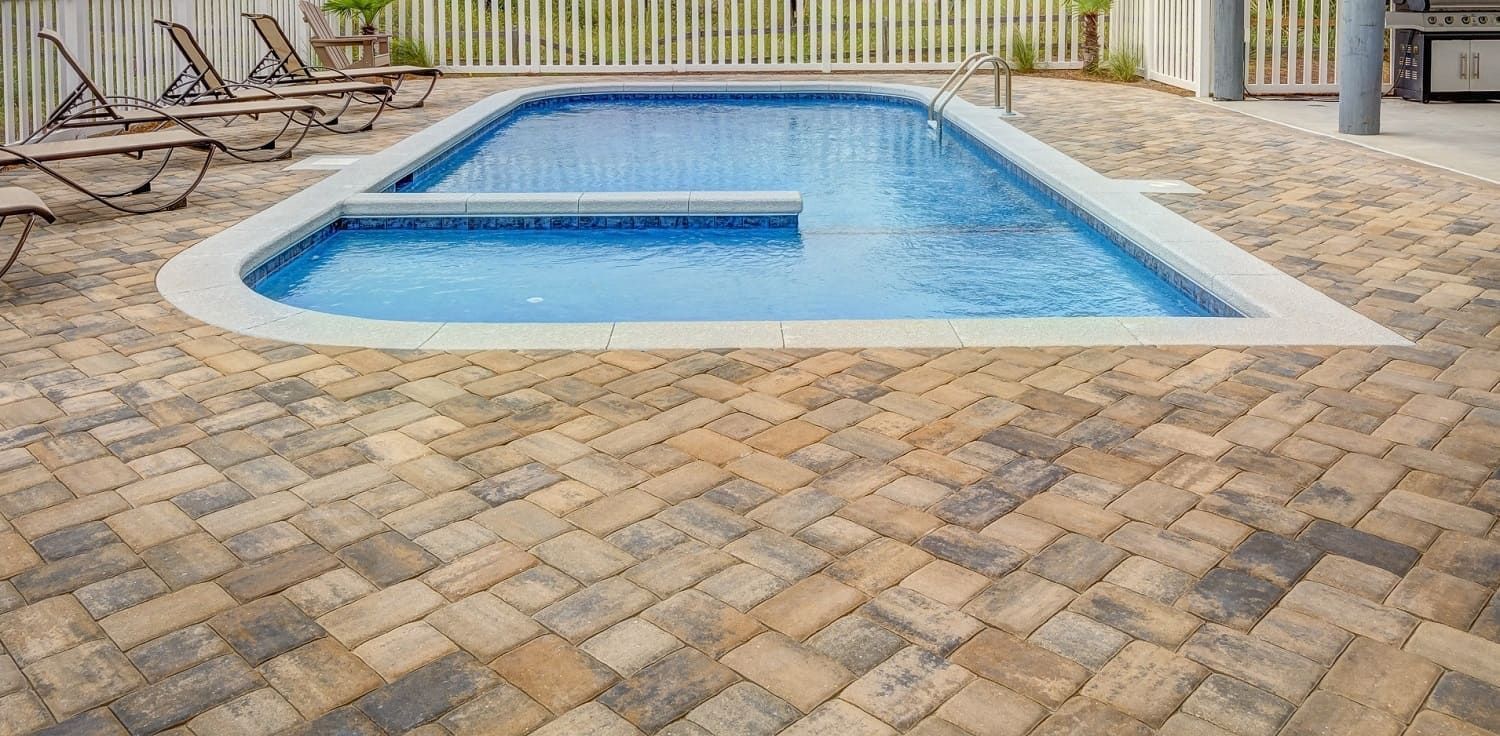
Prevent and Remove Stains
You'll also want to be careful not to stain your travertine pavers as well.
If you decide to drink red wine or coffee while lounging around outside, it could spill down onto the travertine pavers and it could be challenging to remove. Remember that you should always clean up stains immediately to ensure that they don't become even more difficult to get out.
If you need to get stains out, use an appropriate stone cleaning chemical for the travertine pavers, or consider using a poultice. You'll need to place the poultice on your stone and place plastic wrap over it, leaving it in place for 24 hours. You can then remove the poultice to remove the stains.
Avoid Certain Cleaners and Chemicals
Although there are some cleaning agents and chemicals you can use on travertine pavers, there are many that you should avoid as well.
Be sure that you don't use general-purpose cleaners, scouring powders and creams, ammonia, bleach, or alkaline cleaners that weren't made for use on natural stone. You should also avoid using acidic products such as vinegar and lemon as well.
Be sure that you know exactly what you're using when you clean your travertine pavers and think carefully about whether it's the right choice or not. To get the job done right, you may want to use professional services for travertine cleaning and restoration.
Pay Attention to Mold Growth
One of the things that you'll want to look out for with your travertine pavers is mold and mildew growth. This can be especially problematic if your travertine pavers haven't been properly sealed. Especially if you have travertine pavers near a pool area or by a lot of moisture, mold growth can be common.
If you notice mold on your travertine pavers, then you'll want to do everything you can to get rid of it. You may want to consider buying a mold-cleaning product that is specifically formulated for use on natural stone.
Scrubbing the mold stain with the product thoroughly can help you eliminate the mold and ensure that your travertine pavers are free from issues.
Maintaining Outdoor Travertine Pavers
If you have outdoor travertine pavers, you should be sure that you're taking care of them as well as you can. Travertine pavers can be a great choice for a home, but they are prone to cracking and staining. Be sure to clean your travertine often and use professional cleaning and restoration services if needed.
Need help maintaining your travertine pavers? Get your free estimate from Desert Tile & Grout Restore today.

